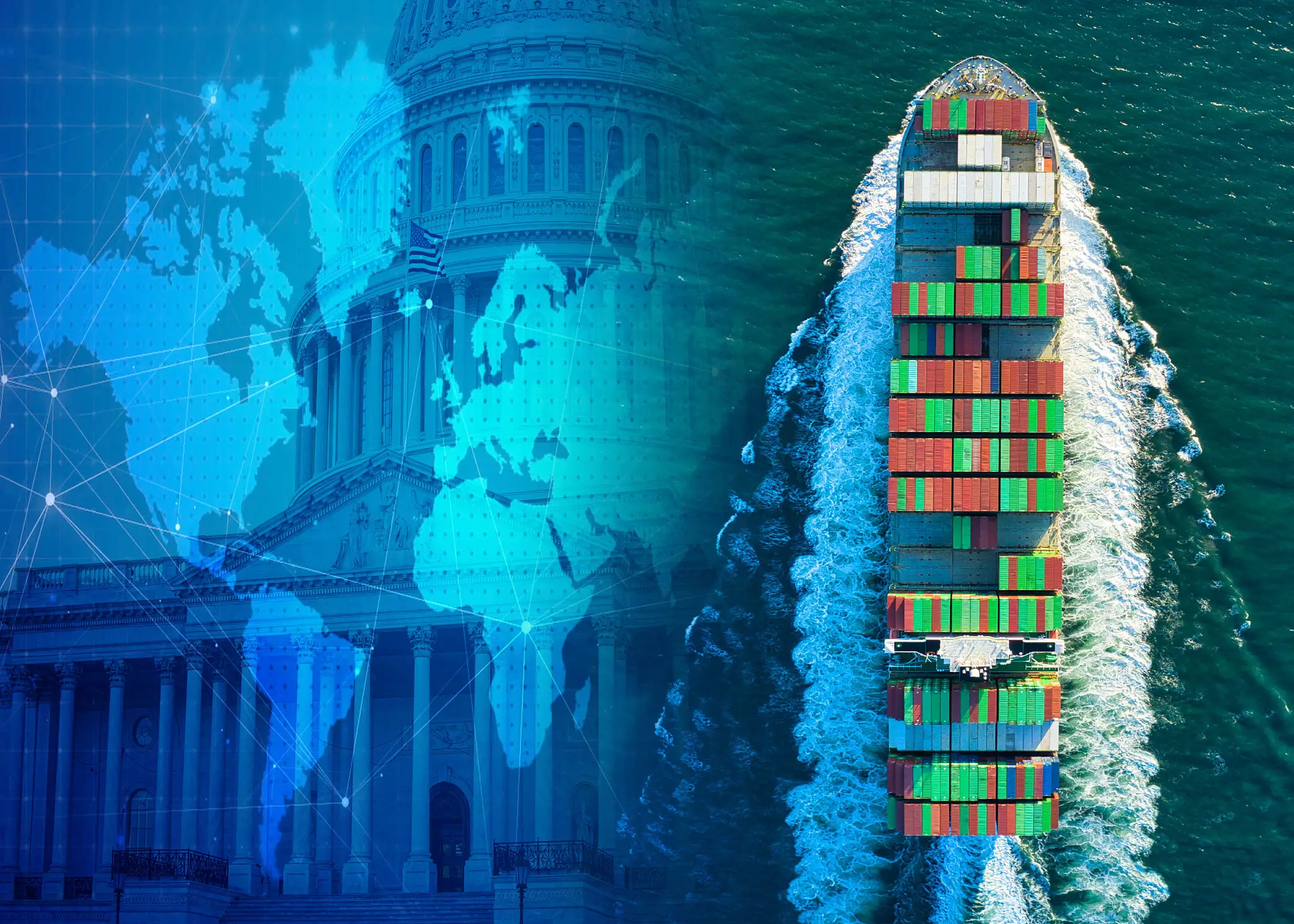
Strategic Resilience in the Age of Supply Chain Disruption and Tariff Volatility
How Caribbean Businesses Can Turn Global Uncertainty into Growth Opportunities
In the current global business environment, volatility is the new norm. From armed conflicts and climate-related disasters to shifting trade policies and escalating tariffs, the world’s supply chains are under constant pressure. For Caribbean businesses, these disruptions are not distant events-they’re felt directly through higher import costs, delayed shipments, and shrinking margins.
Yet within this uncertainty lies a powerful opportunity: strategic resilience. More than just withstanding disruption, resilient businesses anticipate challenges, diversify risk, and adapt faster than the competition.
Through a combination of smart sourcing strategies, regional insight, and expert consulting, businesses can navigate this complex landscape with confidence and agility.
The New Reality: Converging Disruptions, Rising Tariffs
Today’s supply chain risks are multifaceted:
- Geopolitical fragmentation has increased sourcing costs and reduced shipping reliability.
- Climate events disrupt transport routes and damage infrastructure.
- Digital gaps and talent shortages delay modernization efforts.
- Tariffs and trade wars, especially between large economies like the U.S. and China, create ripple effects that impact the flow and cost of goods to smaller import-dependent regions like the Caribbean.
For small island nations- where a significant percentage of goods are imported- these disruptions can be especially crippling. Rising tariffs on food, fuel, raw materials, and manufactured goods drive up consumer prices, stall business expansion, and undermine long-term growth.
Resilience as Competitive Advantage
The most successful companies aren’t just surviving- they’re building smarter, more agile supply chains designed for a new era. Key strategies include:
- Supplier Diversification & Nearshoring
Access to a broad network of vetted global suppliers helps reduce dependency on any one country or region. - Scenario Planning & Risk Analysis
Modeling tariff impacts, supply delays, and geopolitical risks turns uncertainty into informed, proactive strategy. - Tech-Enabled Visibility & Optimization
Real-time procurement, inventory, and logistics insights allow for faster, more accurate decision-making.
Supporting the Caribbean Marketplace
As the Caribbean faces increasing exposure to global trade disruptions, the importance of targeted support and strategic partnerships becomes paramount.
Product Sourcing Solutions
- Identifying alternate suppliers and tariff-free sourcing routes
- Navigating Free Trade Agreements (FTAs) and regional trade blocs
- Coordinating end-to-end procurement of raw materials, consumer goods, and industrial equipment
Consulting & Advisory Support
- Tariff impact assessment and risk scenario development
- Customs and trade compliance strategy
- Supply chain restructuring and operational efficiency planning
- Regional expansion, nearshoring, and market entry analysis
These approaches are critical for import-reliant economies to safeguard continuity and improve cost competitiveness.
From Policy Risk to Strategic Response
Whether through direct tariff impact or indirect supply chain constraints, policy shifts in major economies have a cascading effect on smaller trading nations. Caribbean enterprises must respond not with hesitation, but with strategy- by strengthening procurement agility, reducing reliance on single-source suppliers, and aligning sourcing decisions with long-term risk management goals.
Conclusion: Seizing Opportunity Through Resilience
In an interconnected and unpredictable world, supply chain resilience is both a shield and a strategy. Businesses that embrace diversification, data, and proactive planning are best positioned to succeed- regardless of the next disruption.
By making resilience a strategic priority, Caribbean businesses can turn global volatility into a competitive advantage- and create pathways for sustainable, regionally relevant growth in the years to come.
